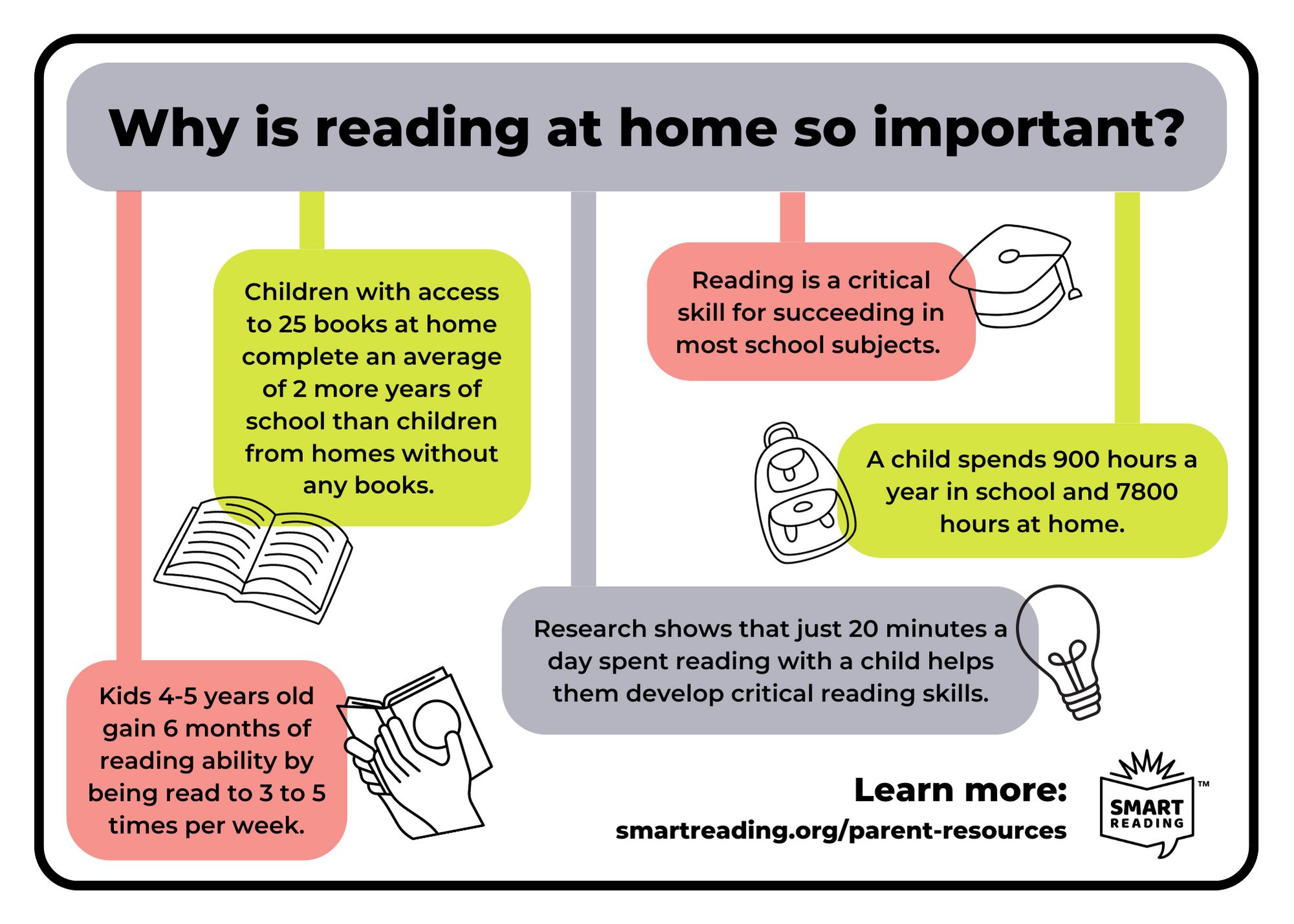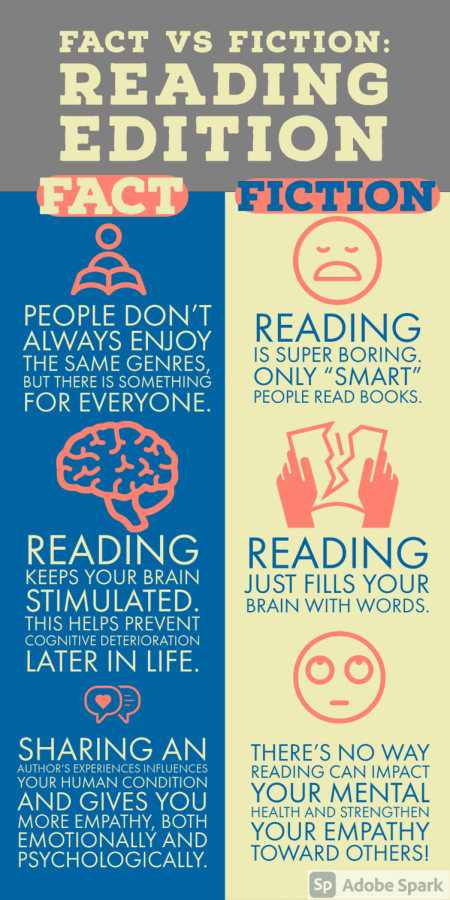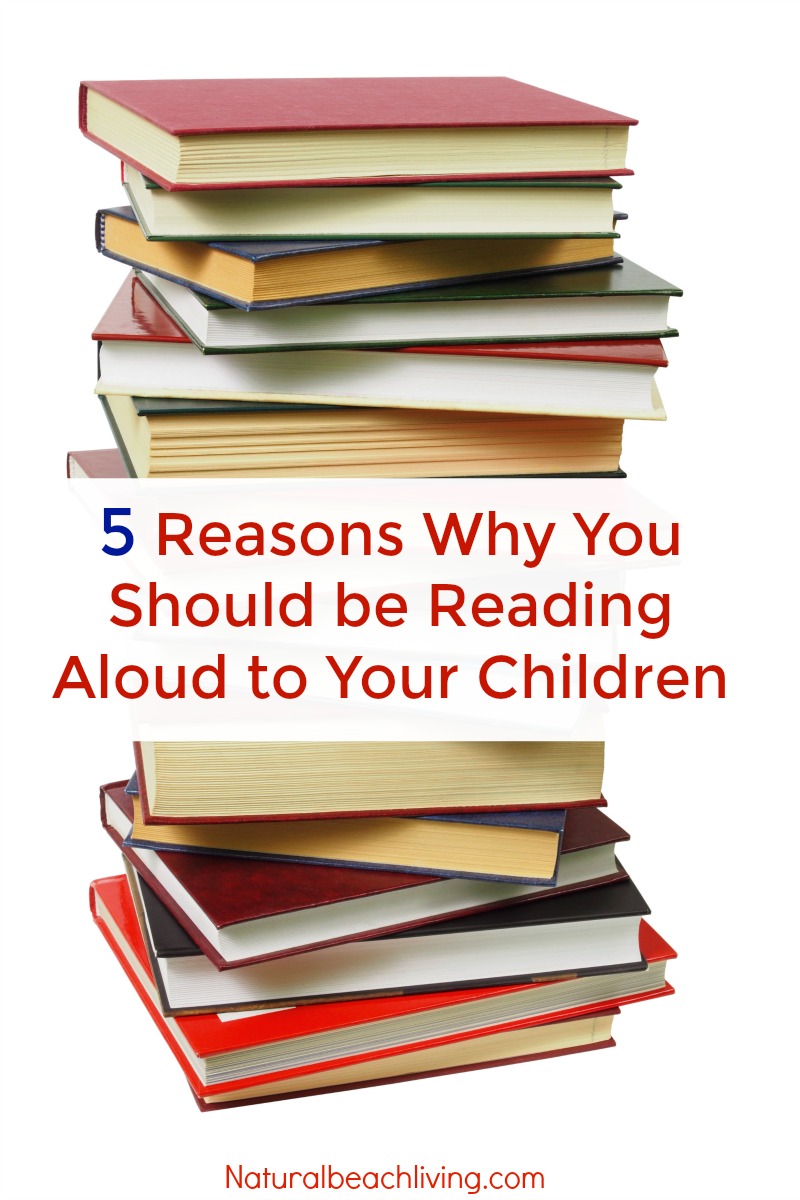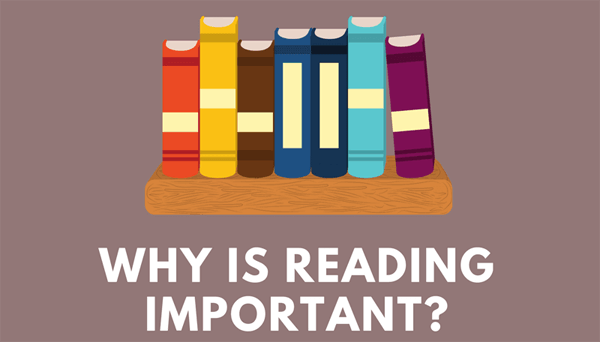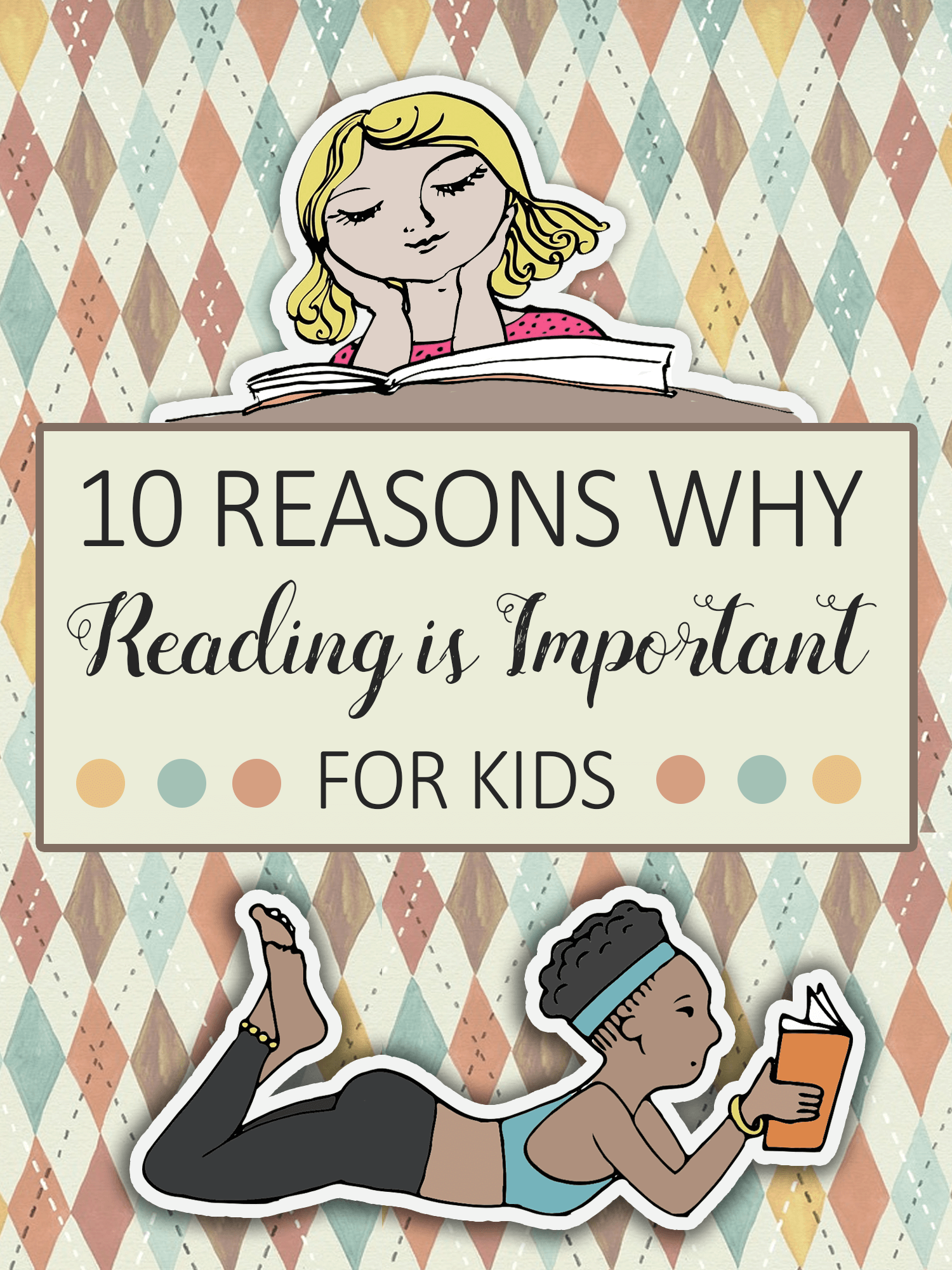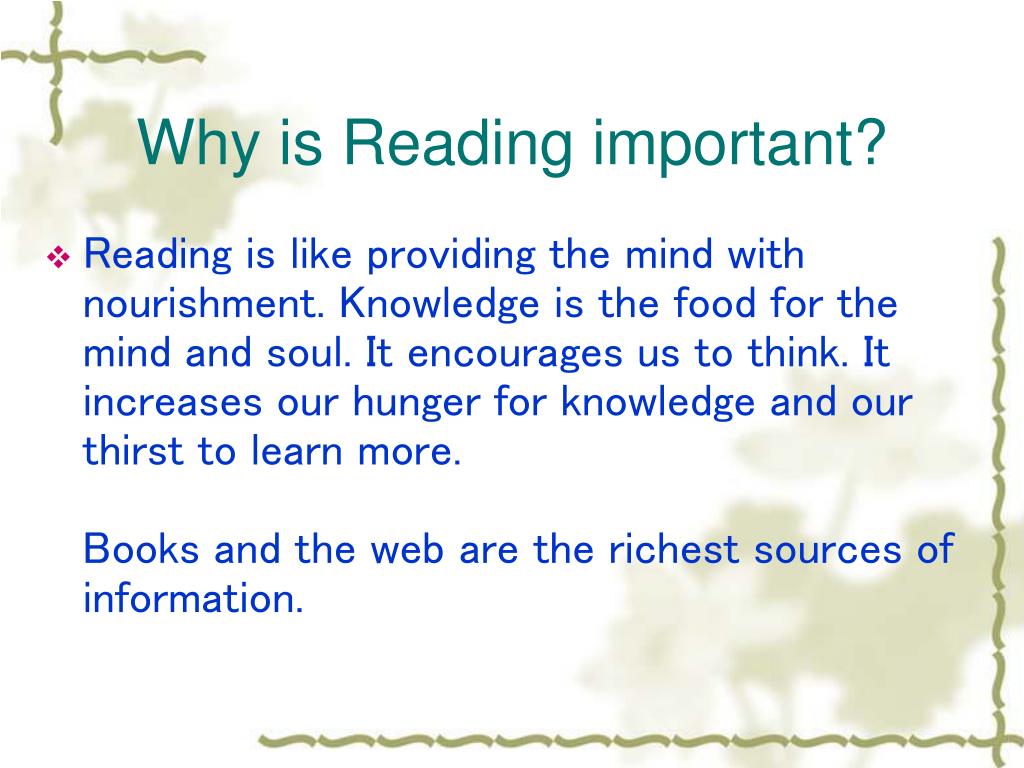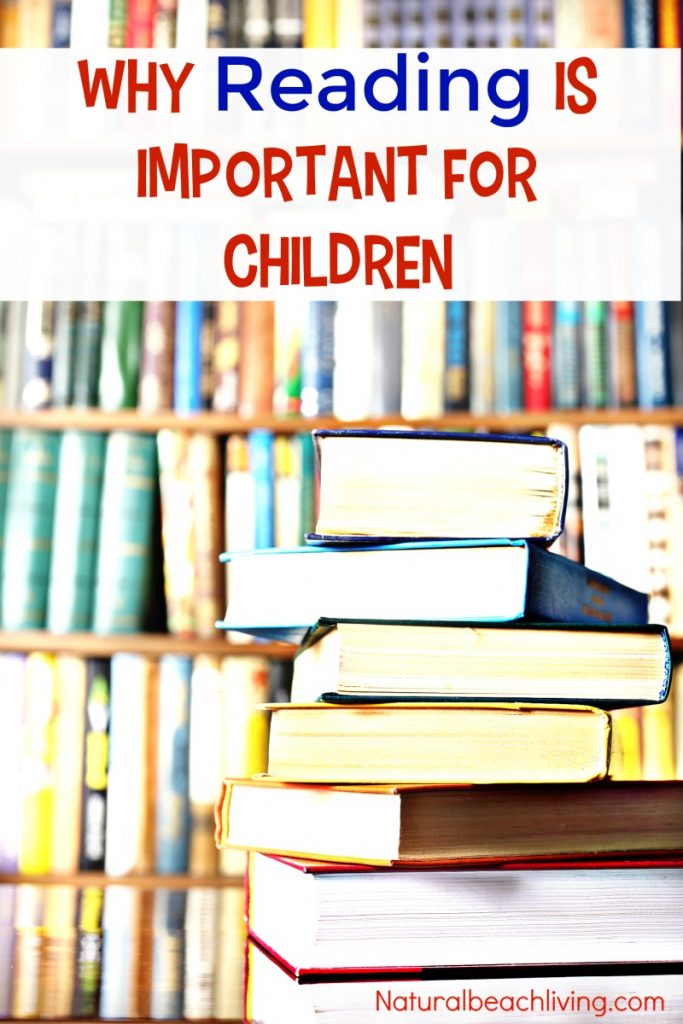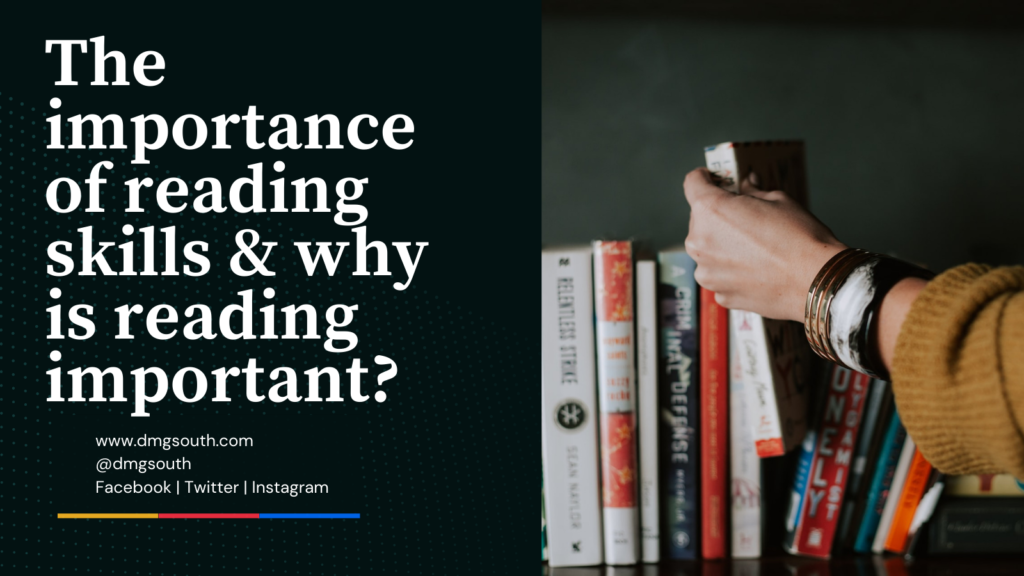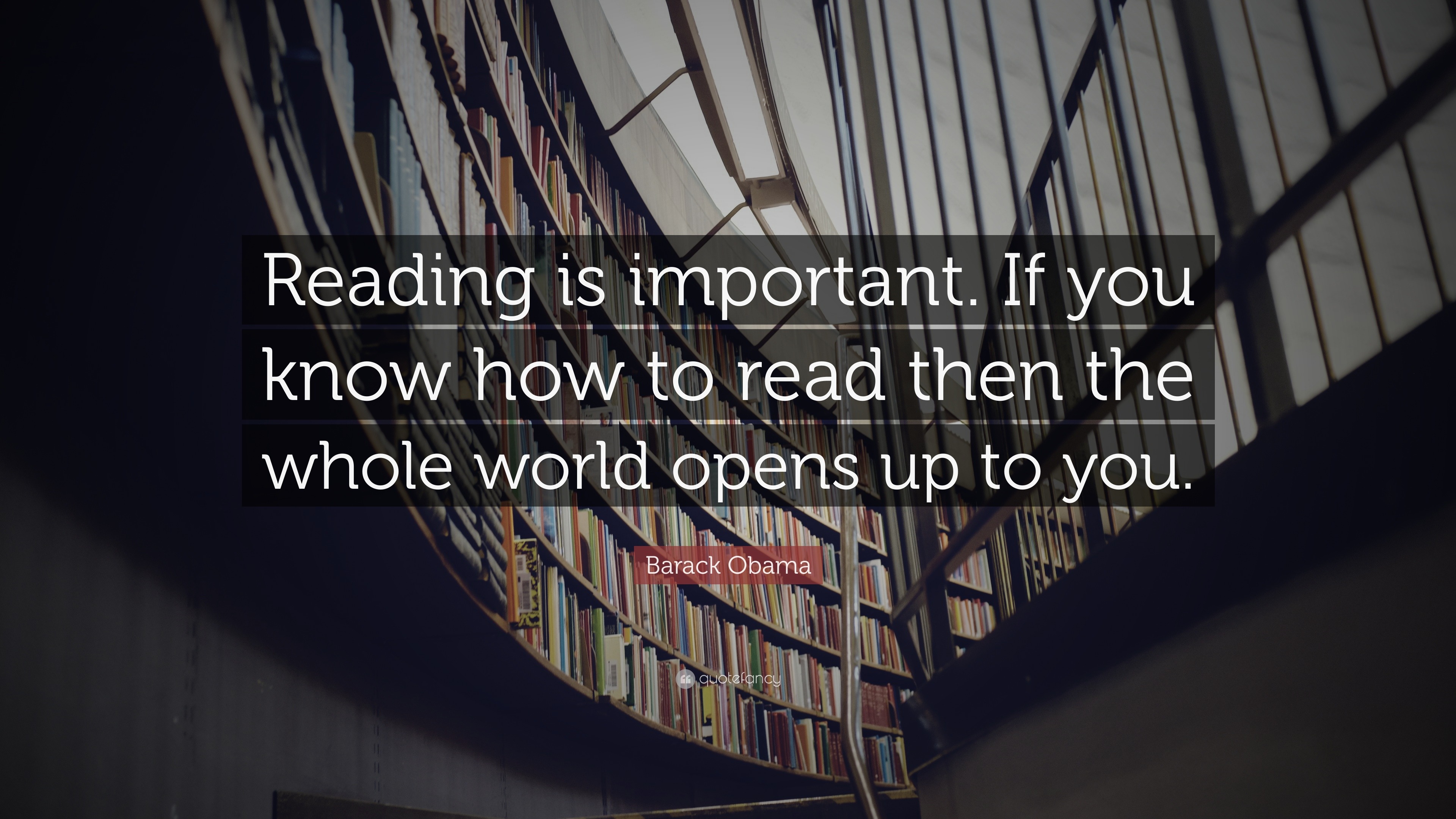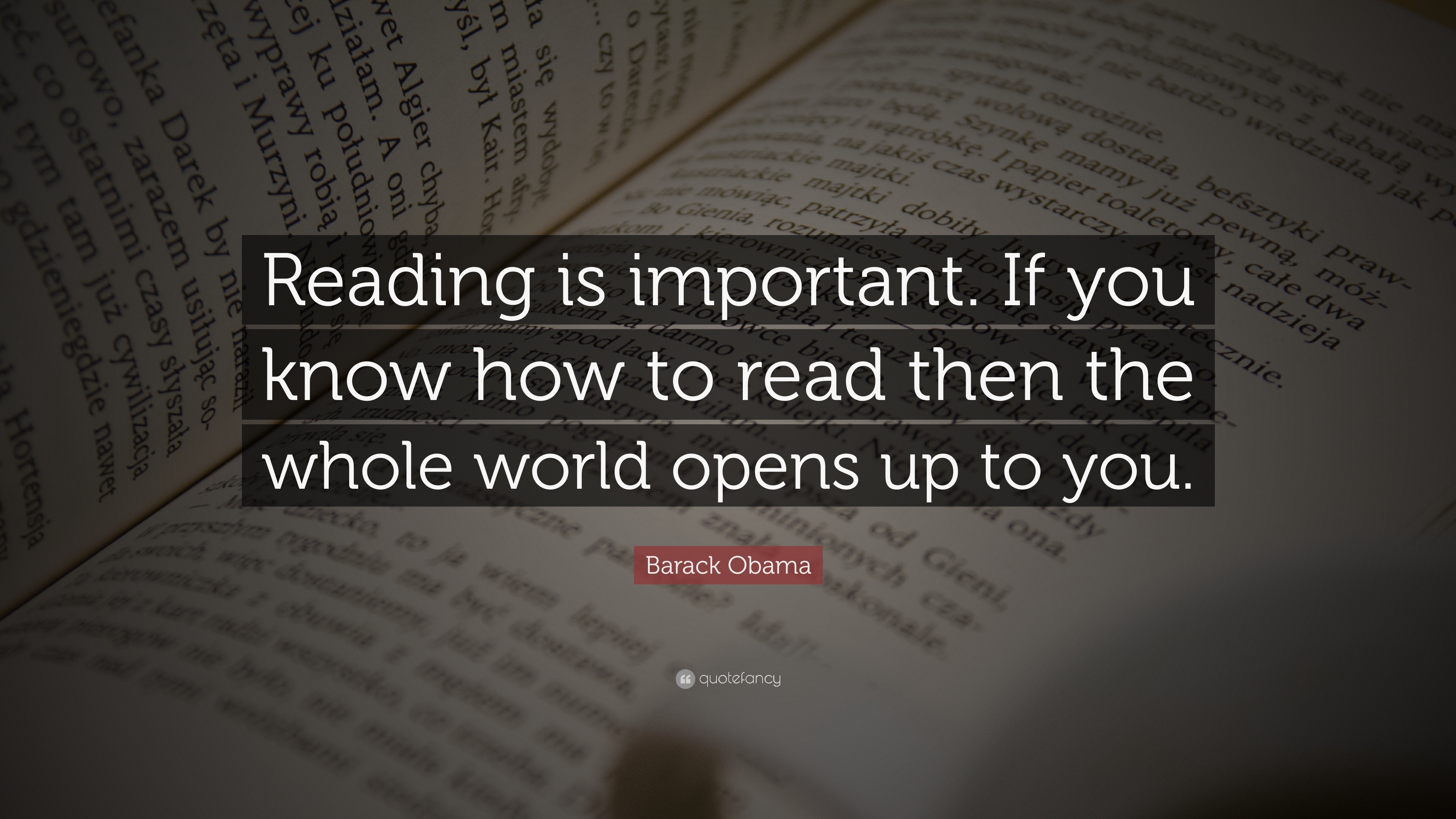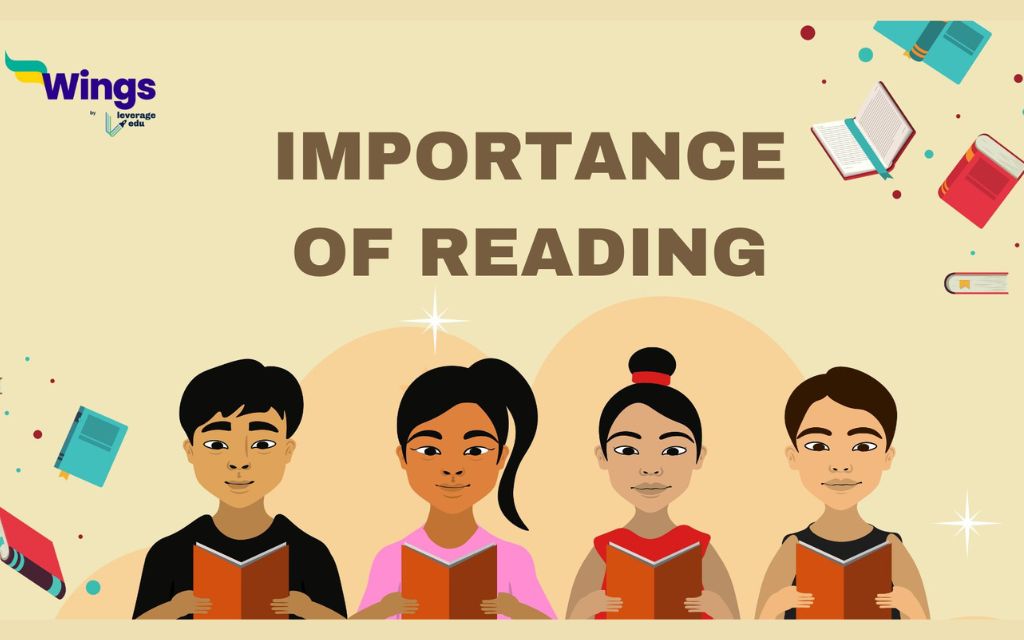Why Is It Important To Know How To Read
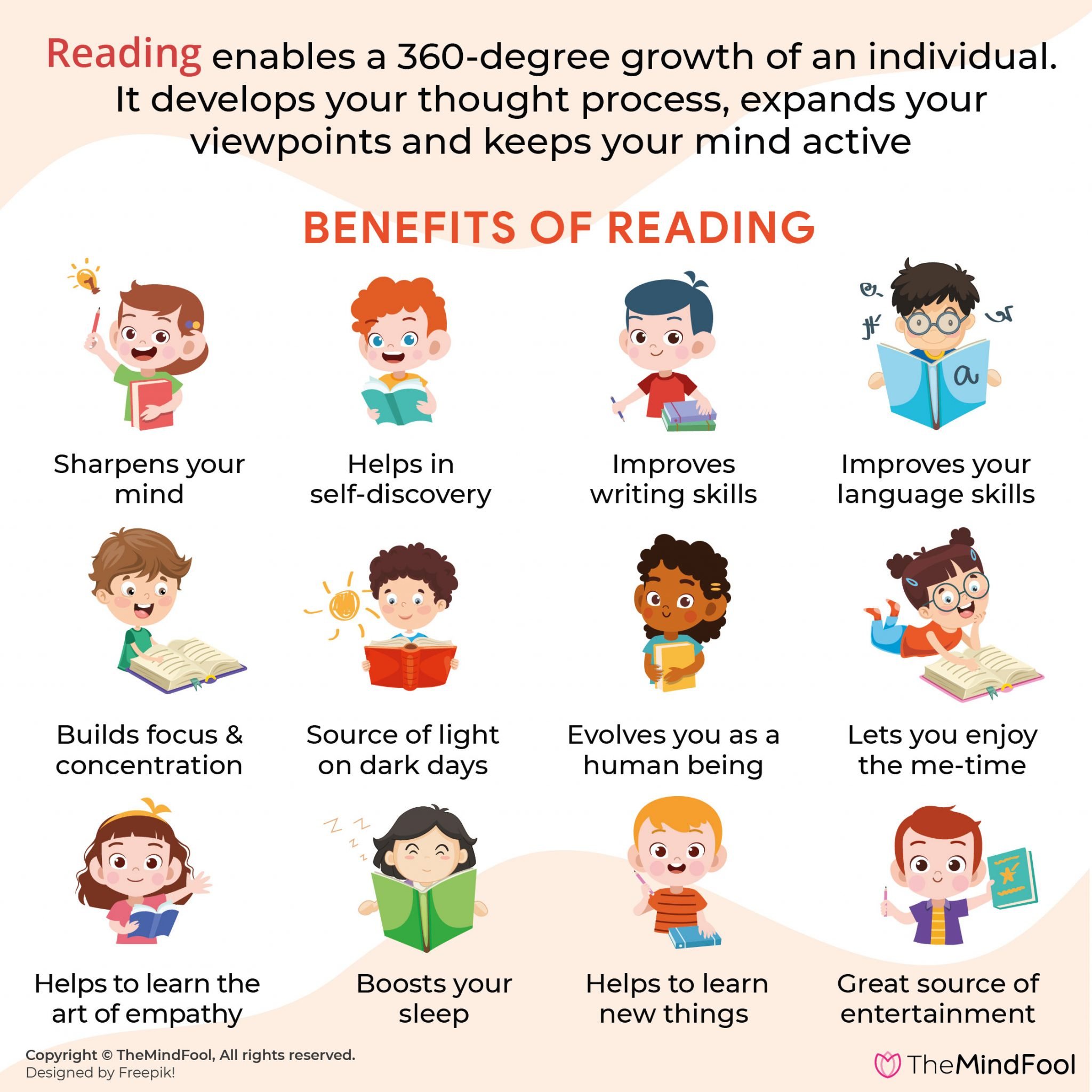
Literacy rates are declining globally, threatening individual opportunities and societal progress. The ability to read is no longer a luxury, but a fundamental necessity for navigating the modern world and participating fully in civic life.
This article underscores the critical importance of reading proficiency, exploring its impact on education, employment, health, and overall well-being. Investing in literacy is investing in a more equitable and prosperous future for all.
Education: The Foundation of Learning
Reading is the cornerstone of education. Without strong reading skills, students struggle to comprehend textbooks, research effectively, and succeed in all academic subjects.
Data from the National Assessment of Educational Progress (NAEP) reveals that a significant percentage of students lack proficient reading skills, hindering their academic potential. This impacts not only individual achievement but also the overall quality of the education system.
Bridging the literacy gap early on is vital for ensuring students can access and benefit from educational opportunities throughout their lives.
Employment: Opening Doors to Opportunity
In today's competitive job market, reading skills are essential for securing employment and advancing careers. Many jobs require strong reading comprehension for understanding instructions, analyzing data, and communicating effectively.
According to the U.S. Department of Labor, jobs requiring strong literacy skills are projected to grow at a faster rate than those that do not. Individuals with limited reading abilities face significant barriers to employment and economic mobility.
Investing in literacy programs can equip individuals with the skills they need to succeed in the workforce and contribute to the economy.
Health: Making Informed Decisions
Reading plays a crucial role in promoting health literacy and enabling individuals to make informed decisions about their well-being. Understanding medical information, prescription labels, and health guidelines is essential for managing health conditions and preventing illness.
Research from the National Institutes of Health (NIH) indicates a strong correlation between health literacy and better health outcomes. Individuals with limited reading skills are more likely to experience poorer health outcomes due to their inability to understand and act on health information.
Improving health literacy through reading empowers individuals to take control of their health and make informed choices.
Civic Engagement: Participating in Democracy
A literate citizenry is essential for a functioning democracy. Reading enables individuals to stay informed about current events, understand political issues, and participate in civic discourse.
Studies have shown that individuals with strong reading skills are more likely to vote, volunteer in their communities, and engage in other forms of civic participation. Access to information through reading is crucial for holding leaders accountable and shaping public policy.
Protecting and promoting literacy is vital for ensuring a vibrant and engaged democracy.
The Digital Age: Navigating Online Information
In the digital age, reading skills are more important than ever for navigating online information and discerning credible sources. The internet is filled with misinformation, and critical reading skills are essential for evaluating the accuracy and reliability of online content.
The ability to distinguish between fact and fiction, identify biases, and assess the credibility of sources is crucial for avoiding misinformation and making informed decisions in the digital world.
Developing strong digital literacy skills, including reading comprehension, is essential for navigating the challenges and opportunities of the digital age.
Addressing the Literacy Crisis: A Call to Action
Addressing the global literacy crisis requires a concerted effort from individuals, communities, and governments. Investing in early childhood education, providing access to books and reading materials, and supporting literacy programs are essential steps towards improving literacy rates.
Organizations like ProLiteracy and the International Literacy Association (ILA) are working to promote literacy worldwide. Supporting these organizations and advocating for policies that prioritize literacy can help create a more literate and equitable world.
The ongoing development is to provide more funding for literacy programs and that is where the government needs to do better.
